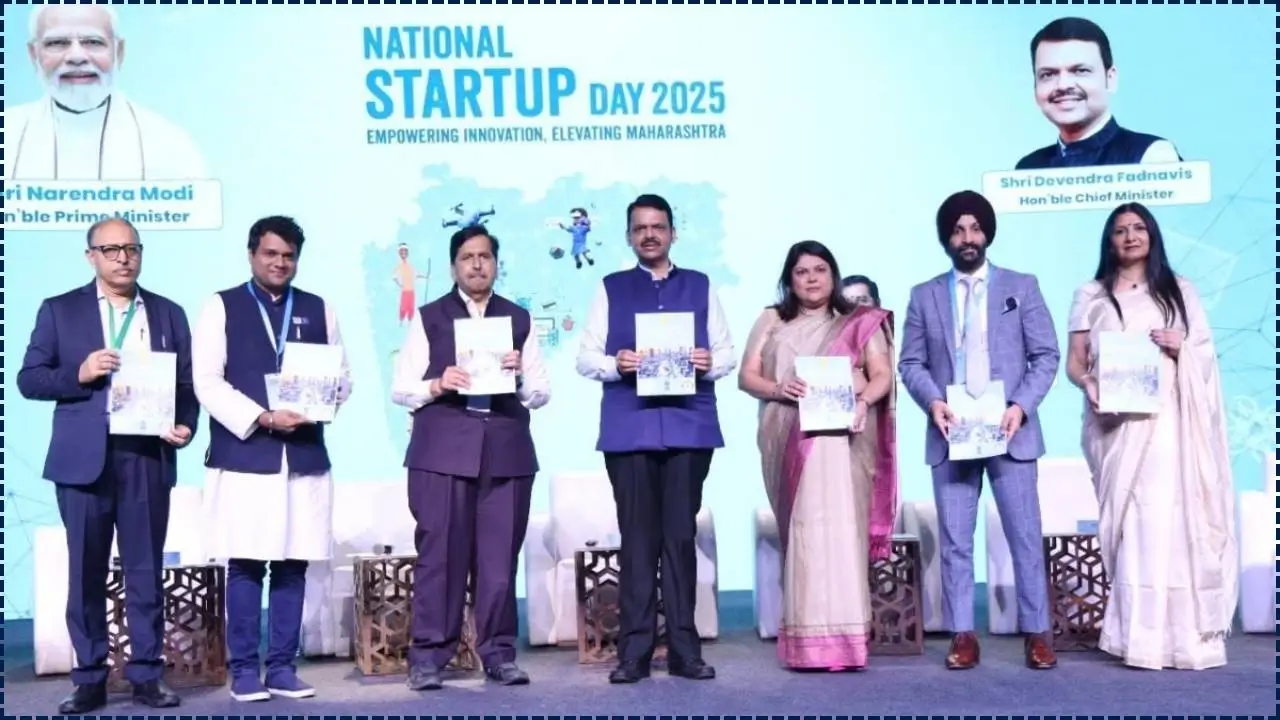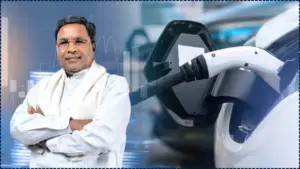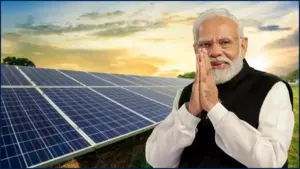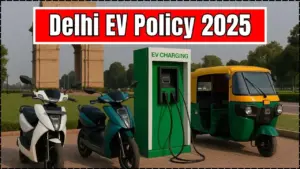The Karnataka EV Policy 2025 introduces fresh state incentives to accelerate electric vehicle adoption and strengthen clean mobility infrastructure. By extending subsidies, tax relief, and industrial support, the government aims to boost EV sales, expand charging networks, and establish the state as India’s clean mobility hub.
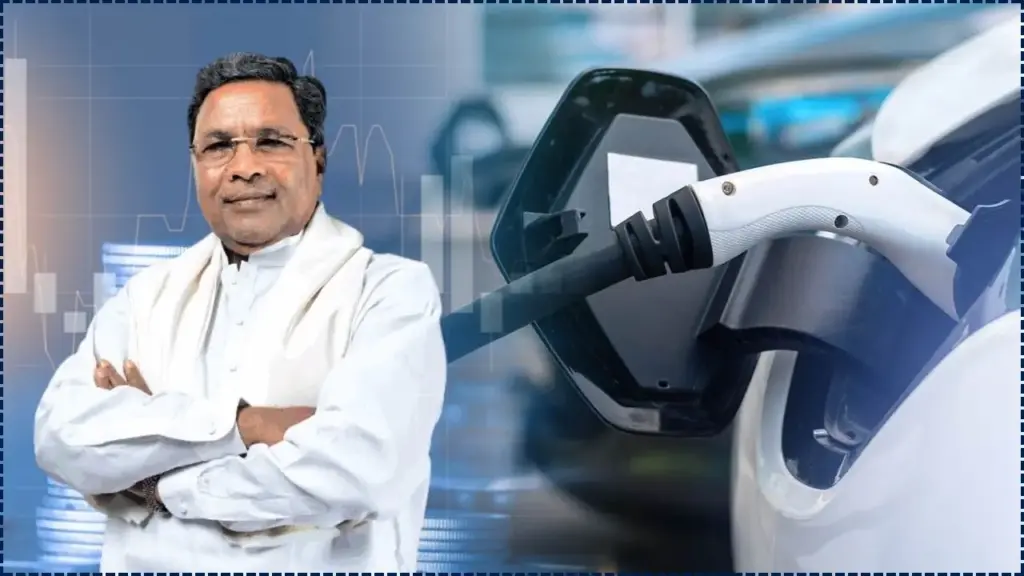
Karnataka’s EV Policy 2025 provides a comprehensive mix of incentives for buyers, manufacturers, and infrastructure developers. Its success will depend on effective implementation, stable regulation, and attracting sustained private investment. If managed well, the policy could position Karnataka at the forefront of India’s clean mobility revolution.
Incentives for EV Buyers
Tax relief and exemptions
Consumers purchasing EVs priced below ₹25 lakh remain exempt from road tax and registration charges, significantly reducing upfront costs. However, luxury EVs above this threshold now attract a 10 % lifetime vehicle tax, ending their earlier exemption.
Affordable adoption focus
By targeting exemptions toward small cars, two-wheelers, and fleet vehicles, the policy seeks to accelerate adoption in mass-market categories, where EV penetration has been slower.
Support for Industry and Manufacturing
Investment subsidies and duty waivers
The policy provides capital subsidies, stamp duty waivers, and land conversion fee reimbursements for EV and battery manufacturers. It also offers 100 % exemption on electricity duty for five years, reducing operational costs for charging and manufacturing units.
Battery ecosystem development
Incentives cover battery manufacturing, recycling, and research facilities, aligning with India’s push to build a domestic energy storage value chain.
Charging Infrastructure Expansion
Equipment subsidy
Charging station developers can avail up to 25 % capital subsidy on equipment costs, capped at ₹5 lakh per station.
Implementation challenges
Plans for 2,500 new charging stations under public-private partnerships were shelved due to lack of private bids. The state utility BESCOM has stepped in to construct 100 stations, but experts warn this scale remains insufficient for long-term demand.
Skills, Jobs, and Training
The government plans to establish EV skill development centres across Karnataka. Vocational institutes will integrate EV-related curricula, while in-plant training programmes will be subsidised to equip workers with industry-ready skills. This is expected to support both direct employment in EV manufacturing and ancillary services.
Related Links
Delhi EV Policy 2025: Extra Benefits for Buyers Announced
UP Housing Policy: Who Qualifies for Govt’s Affordable Home Plan?
Skill India Scheme: New Courses That Can Land You a Job Fast
Challenges and Risks
- Infrastructure gaps: Rural charging networks and grid stability remain underdeveloped.
- High-end demand: Removing tax exemptions for premium EVs may dampen luxury market growth.
- Policy consistency: Frequent adjustments in taxation could impact investor confidence.
- Private investment reluctance: Limited participation from private firms signals uncertainty about return on investment.
Expert Perspectives
Karnataka’s forward-thinking approach, lauded by the International Council on Clean Transportation (ICCT), represents a profound commitment to public health and a sustainable environment by providing incentives across the entire electric vehicle value chain, from manufacturing batteries to ensuring responsible recycling. This holistic strategy is about more than just technology; it is a promise to its citizens to actively reduce pollution and secure a cleaner future.
However, analysts rightly stress that for Karnataka to maintain this compassionate leadership and fully realize the benefits for its people, the government must guarantee consistent policy support and accelerate the delivery of essential charging infrastructure, ensuring that the clean energy transition is accessible and reliable for every community.






